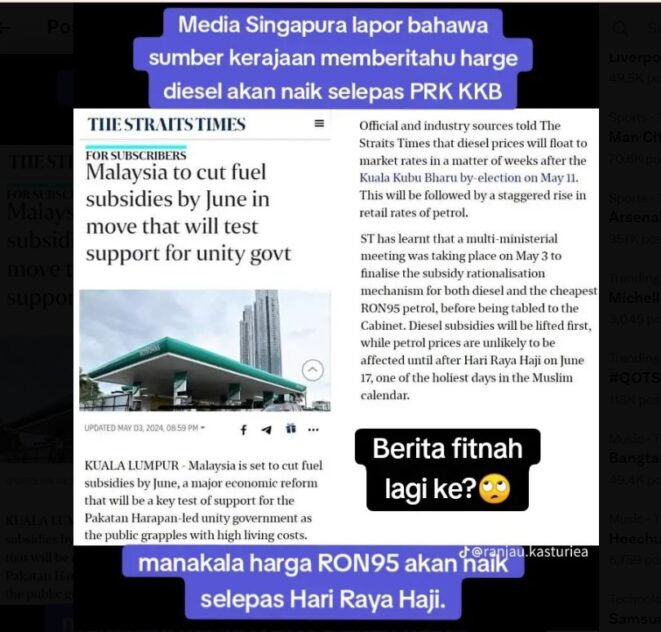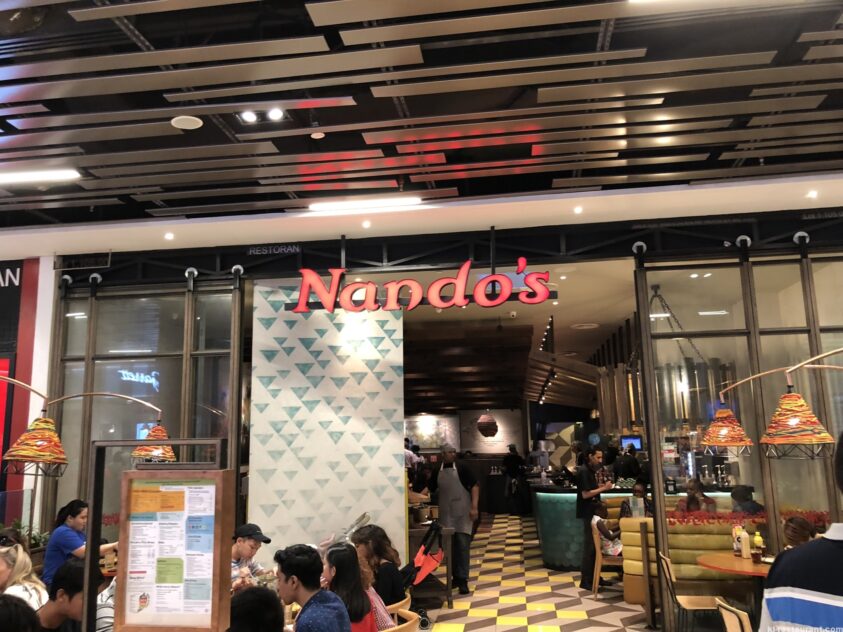
By Doreenn Leong
MANY corporations are already undertaking measures to cope with dwindling sales and cash due to the Movement Control Order (MCO) to stem the Covid-19 pandemic from escalating.
For instance, Sapura Energy Bhd’s top management has decided to take a 50% pay cut in order to mitigate the impact of the Covid-19 pandemic and the resulting low oil prices.
The integrated oil and gas player said employees’ salaries will be reduced by between 5% and 45% after Ramadan and it will also cut its workforce.
Sapura Energy plunged into the red with a net loss of RM4.23 bil for the fourth quarter ended Jan 31, 2020 compared with a net profit of RM500.43 mil a year ago after making a RM3.3 bil provision for impairment on goodwill and property, plant and equipment.
The company was also anticipating extended delays in the completion of current projects arising from the Covid-19 global pandemic.
Likewise, Bloomberg reported that hospitality and gaming group Genting Bhd and its units are said to be planning a group-wide salary cut of as much as 20% as a temporary measure while it is up to a 50% cut for those holding vice-president positions or higher at Genting Hong Kong Ltd.
Even Tan Chong Motor Holdings Bhd was reportedly taking salary cuts of between 20% and 30% for its senior management employees while non-senior management staff will see pay cuts of between 3% and 15%, according to Bernama.
With many companies in the private sector cutting salaries, why can’t government-linked companies (GLCs) and civil servants?
If the salaries of heads of GLCs are cut by half or take six months no-pay leave, perhaps politicians won’t be fighting for chairmen’s posts like now.
So far, Khazanah Nasional Bhd-owned Malaysia Airlines Bhd (MAS) has reportedly cut the salary of its senior management by 10% but not airport operator Malaysia Airports Holdings Bhd.
Its CEO Datuk Mohd Shukrie Mohd Salleh has reportedly expected domestic and international flights to reduce by 30% to 40% this year. But it has no plans to furlough its 11,000 employees. The air travel industry is experiencing a black swan situation where it is impacted by restriction in air travel as well as weak consumer confidence.
With many airport operators around the world implementing pay cuts to preserve cash, it would only be prudent for MAHB to do the same, especially the C-suite employees.
Another Khazanah unit, Axiata Group Bhd, ranked high on our Focus List in terms of directors’ remuneration. The telecommunication giant paid higher directors’ remuneration totalling RM15.7 mil in the financial year ended Dec 31, 2018 despite posting a massive net loss of RM5.23 bil. However, it managed to return to the black with a net profit of RM1.5 bil in FY19.
The highest remuneration band in FY18 was around RM10.6 mil. Its president and group CEO was Tan Sri Jamaludin Ibrahim. Pending its first-quarter results, we are uncertain of the impact the slowing economy has on Axiata performance but any reduction in salary of the directors would well benefit the company.
Meanwhile, the government should consider slashing the salary of some of the high-ranking civil servants.
The Prime Minister, 32 federal ministers and their 37 deputies, and some mentris besar, chief ministers and state exco members have agreed to a two-month pay cut.
However, MPs, state assembly representatives and high-ranking government officials are still getting their full salaries. Shouldn’t they too share the burden faced by many people?
Much has been said about our bloated civil service with a total of 1.71 million for a population of 32 million. This works out to a civil service-to-population ratio of 1:20.
While it has been repeatedly argued that it is not fair to compare the sizes of the public service across countries as there are no standard definitions, surely the country would be able to save a lot if it were to reduce their wages accordingly, especially for those not in the essential services sector.
Nobody likes to take home lower pay whether you are a high-income or low-income earner. In unprecedented times like now, the government needs to make unpopular decisions in order for us to survive this challenging period. – April 30, 2020










